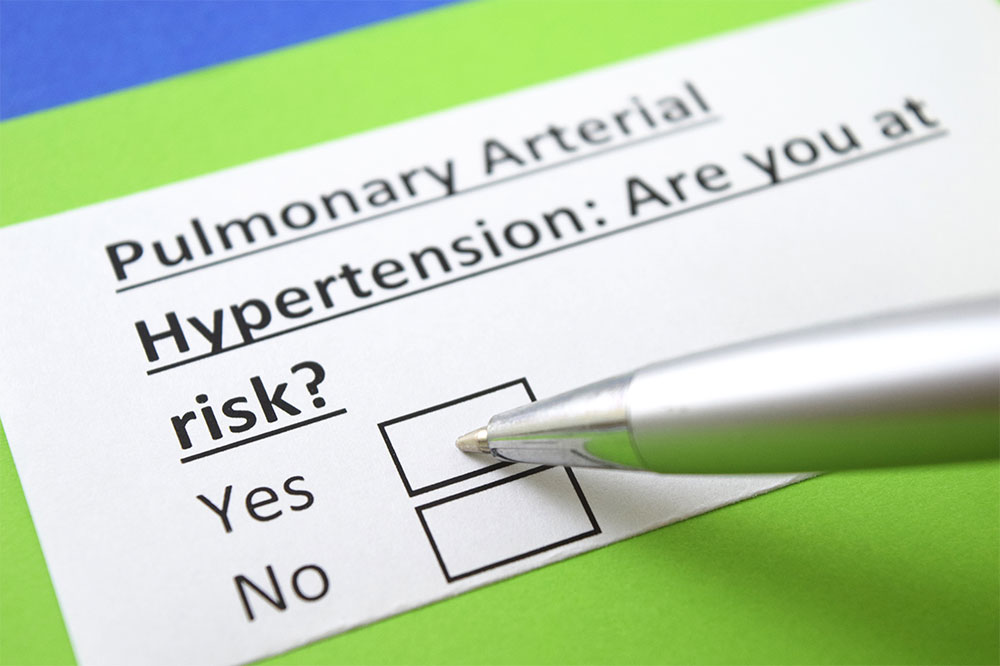
5 Major Warning Signs of PAH
Pulmonary arterial hypertension (PAH) is a disease that affects the blood vessels in the lungs. The heart’s right ventricle pumps blood to the lungs, and when the lung’s vessels become narrow, the blood does not flow easily. As a result, the heart has to work harder. This weakens the right side of the heart and lungs, causing pulmonary arterial hypertension. Here are five warning signs that one should look out for.
1. Shortness of breath
One of the earliest signs of pulmonary arterial hypertension is shortness of breath. If one experiences shortness of breath while doing basic tasks, it is time to get checked. This symptom often occurs when one exercises or climbs a flight of stairs. Ideally, one shouldn’t experience breathlessness while performing daily tasks. This condition is usually diagnosed when it is in the later stages. If one finds it hard to breathe, it is better to get themselves examined at the earliest.
2. Experiencing fatigue
Fatigue is another crucial warning sign of pulmonary arterial hypertension. Normally, one wouldn’t think much if they’re tired, but one needs to get checked if this continues for too long. When blood flow to the lungs becomes difficult, people begin to feel fatigued. One should take this seriously and get in touch with a doctor to get to the root of this.
3. Dizziness and fainting
Dizziness is often brushed off as a minor symptom. But more often than not, it can be a reason for something major. Fainting spells or syncope is a common warning sign of pulmonary arterial hypertension. When the arteries in the lungs are blocked, they do not receive proper blood flow. This issue can cause one to feel dizzy or faint. If it happens often, ask a doctor for a thorough examination.
4. Heart palpitations
When the heart begins to beat faster than usual, one might have something called heart palpitation. This is an extremely common symptom of pulmonary arterial hypertension. Some might experience it while lifting something heavy or exercising. People who are in advanced stages of the disease might have heart palpitations even when they are resting. It is advisable to see a doctor if the heart is racing for no apparent reason.
5. Swollen feet and ankles
Patients suffering from pulmonary arterial hypertension often have swollen ankles and feet. Swelling in the lower regions of the legs is a bad sign. It usually points to an advanced stage of the disease. Edema occurs in the tissues of the body when fluid begins to accumulate. If the swelling persists, it is time to pay a visit to the doctor.
If one is experiencing any of the above symptoms, ask a doctor to check for pulmonary arterial hypertension.


